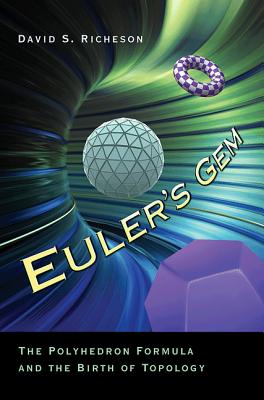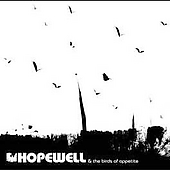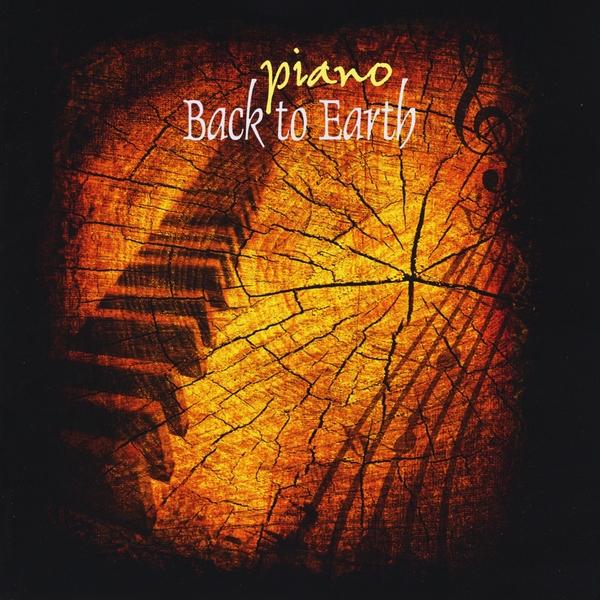
Purcell, Sebastian
Novel in its form, the Discourses consists of short conversations between elders and young people on how to achieve a meaningful and morally sound life. The Aztecs had a metaphysical tradition but no concept of "being." They considered the mind an embodied force, present not just in the brain but throughout the body. Their core values relied on collective responsibility and group wisdom, not individual thought and action, orienting life around one's actions in this realm rather than an afterlife, distinctly opposed to the Christian beliefs that permeate Europe and America.
Sebastian Purcell's fluency in his grandmother's native Nahuatl brings to light the Aztec ethical landscape in brilliant clarity. Never before translated into English in its entirety, and one of the earliest post-contact texts ever recorded, Discourses of the Elders reflects the wisdom communicated by oral tradition and proves that philosophy can be active, communal, and grounded not in a "pursuit of happiness" but rather the pursuit of a meaningful life.







